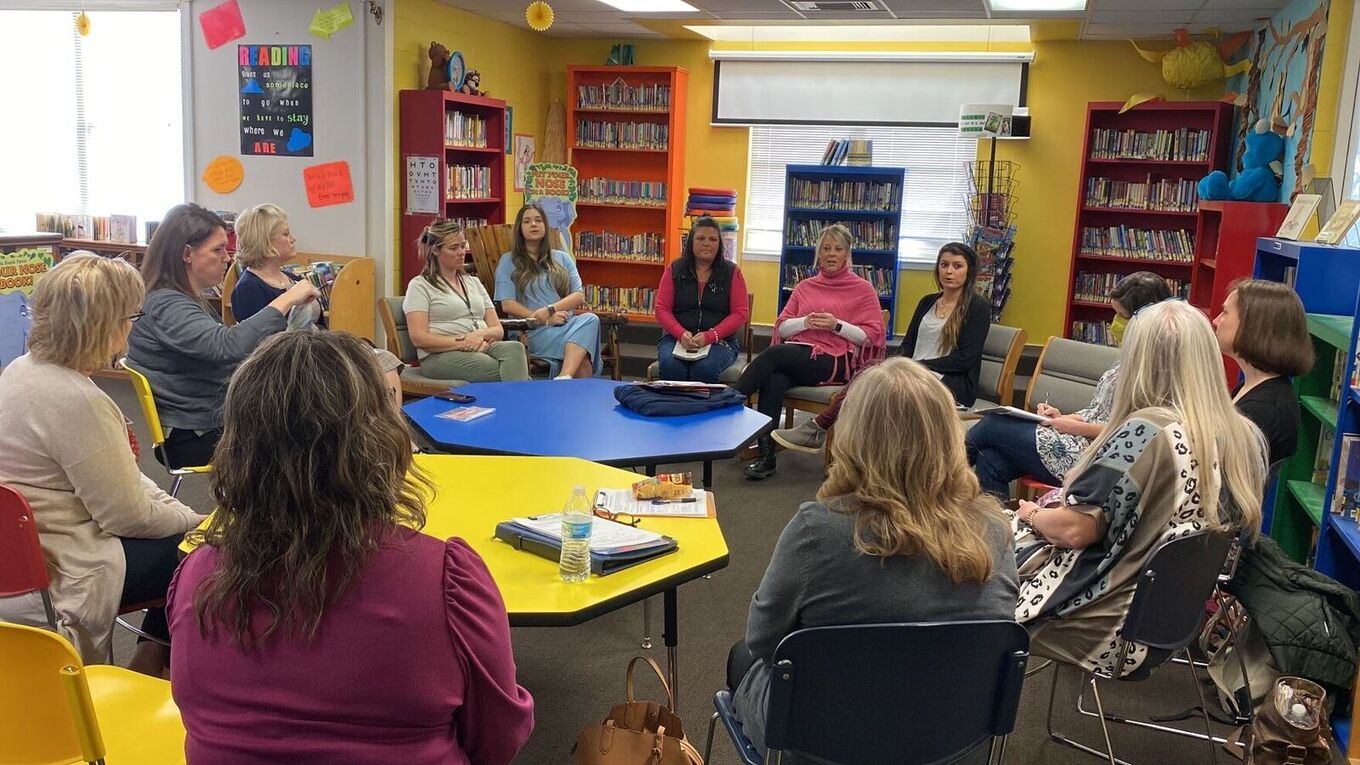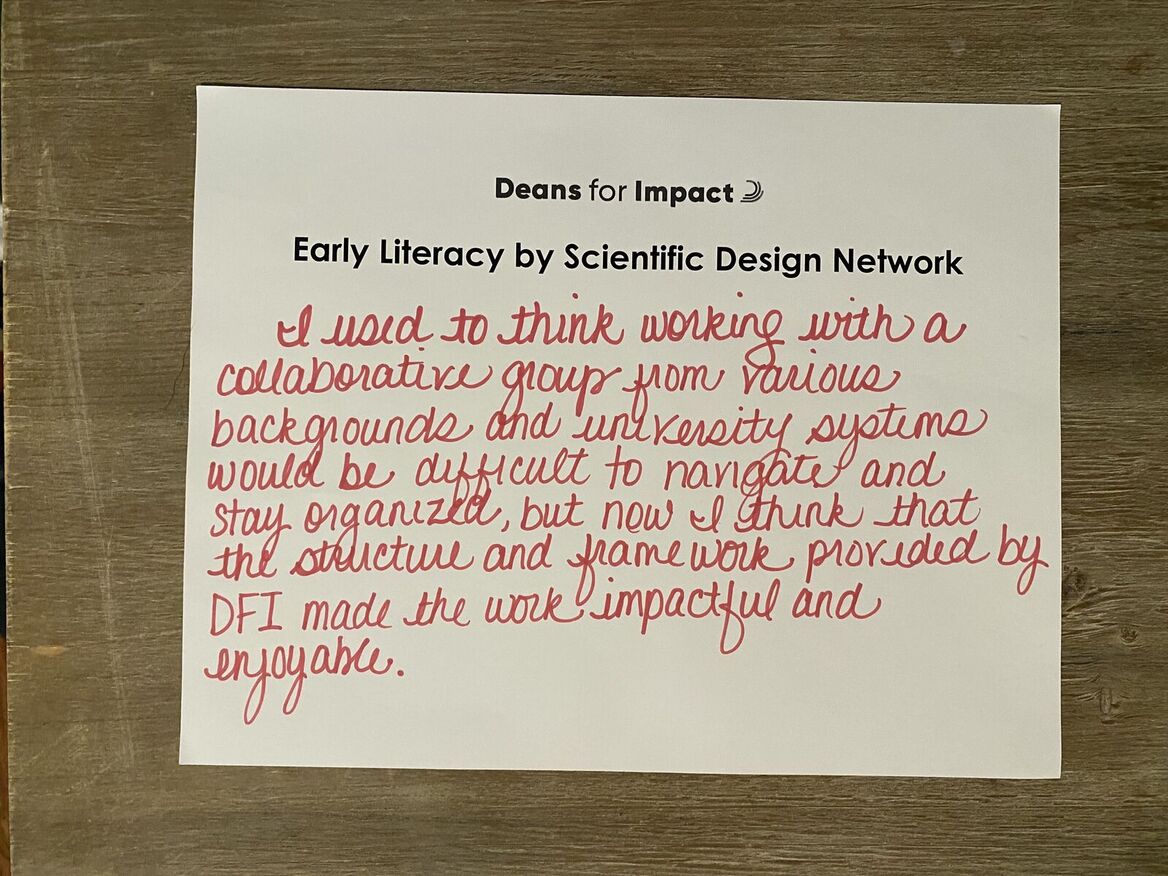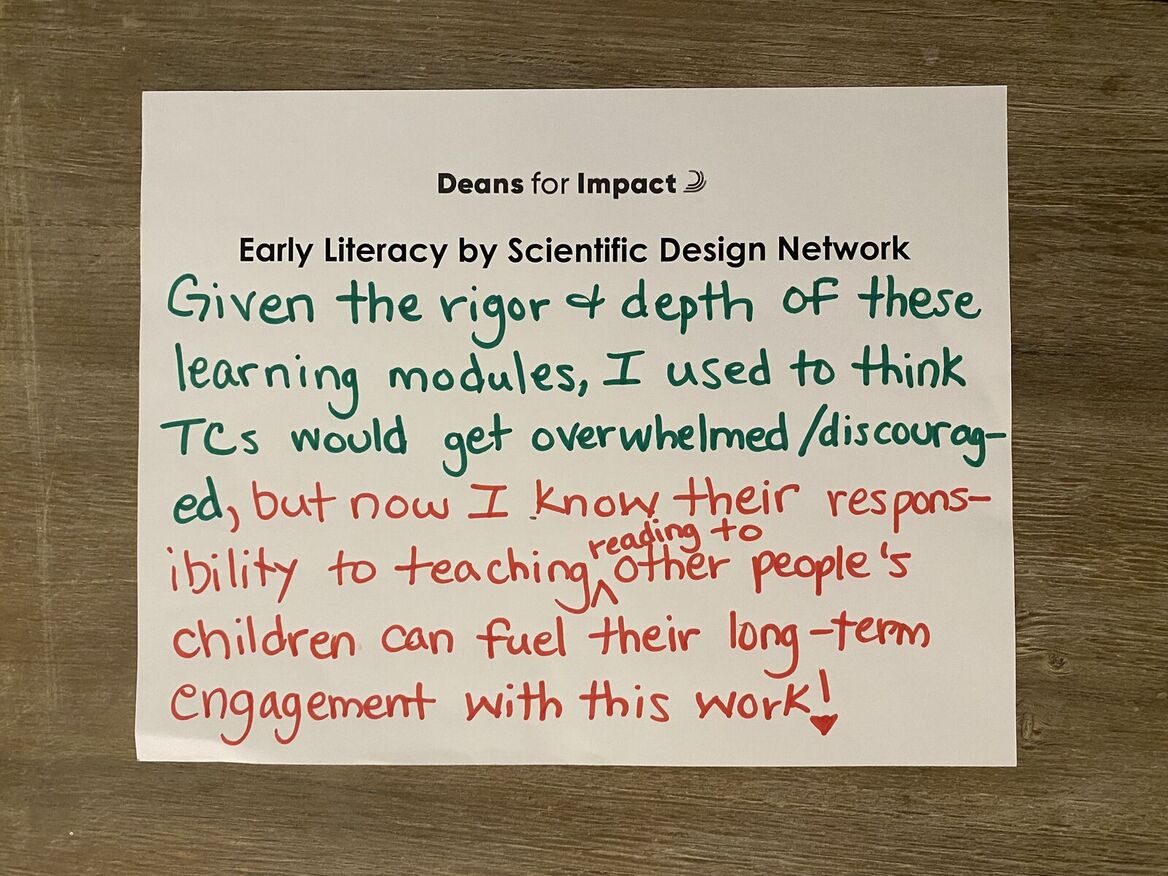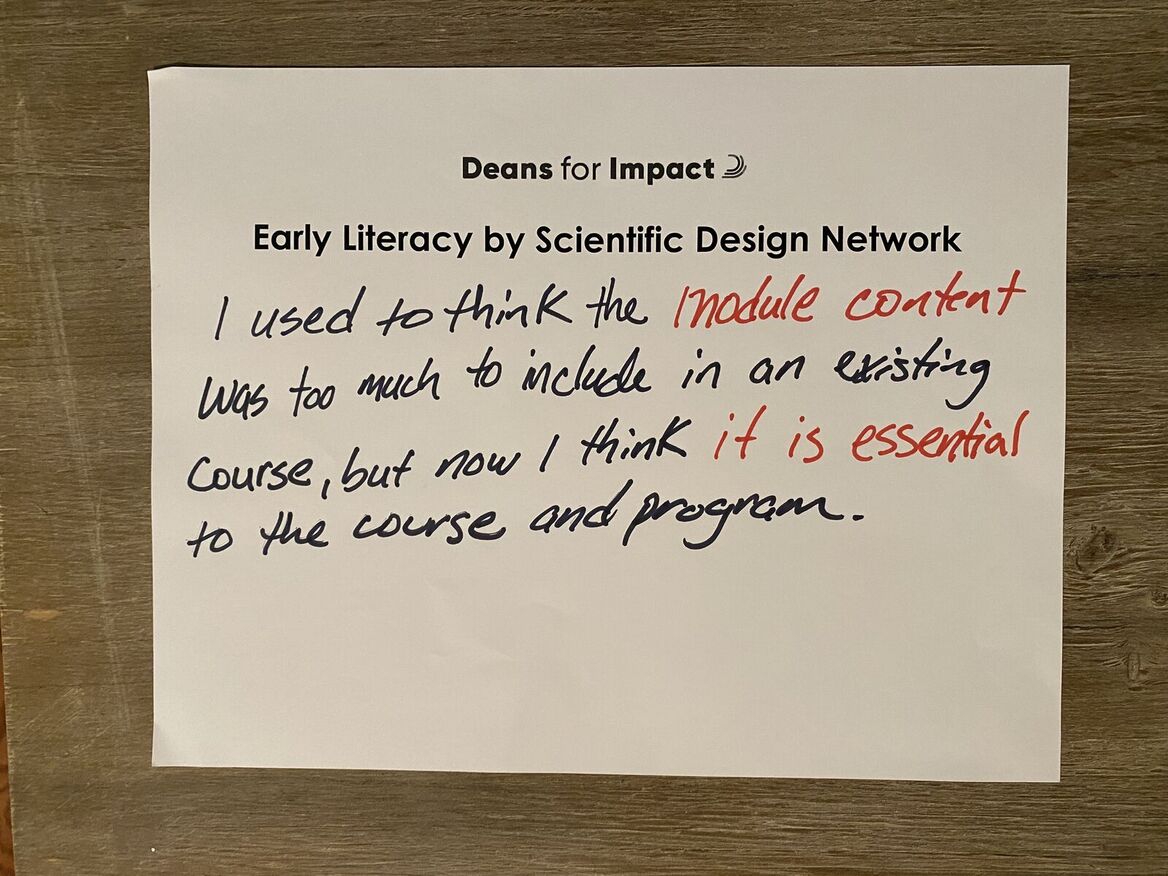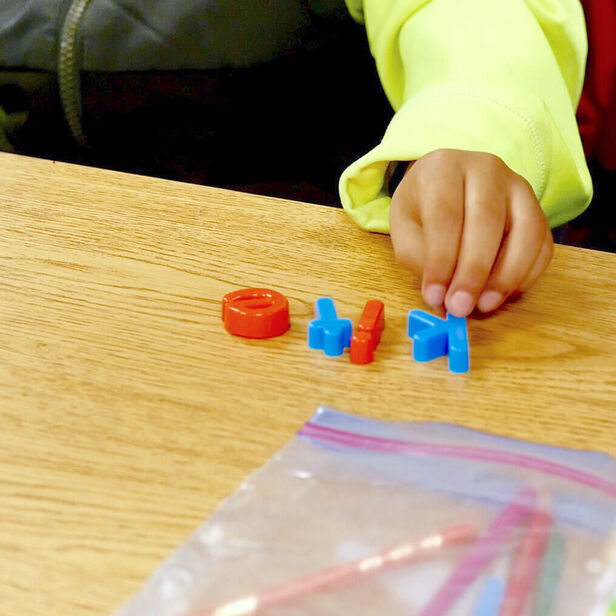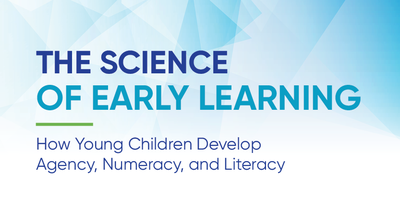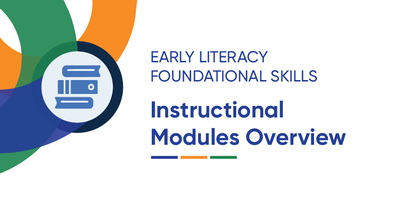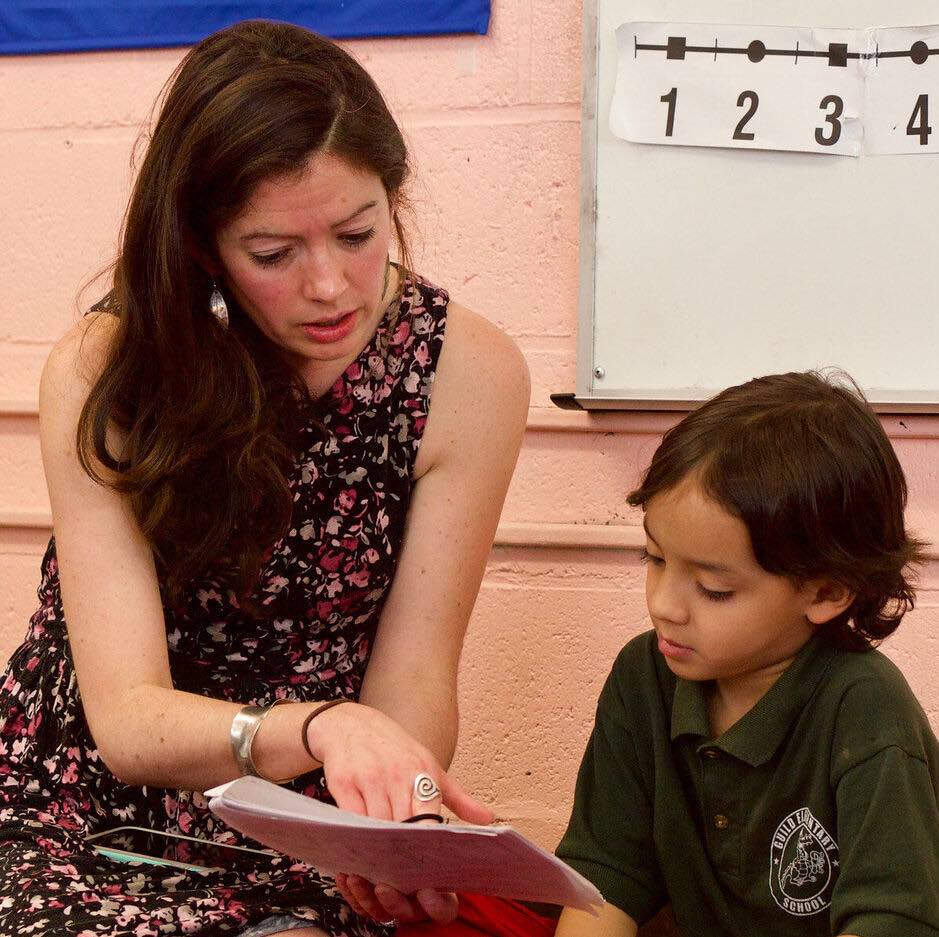Building a strong foundation for early readers
Kevin is a thoughtful, curious, funny, and smart second-grade student. He can engage in sophisticated conversations and comprehend texts — but only when they are read aloud. Kevin struggles to sound out and write words, causing him to feel unsuccessful not just in reading, but in all of his subjects. Over the course of the school year, Kevin begins to internalize his struggles as a reflection of his capacity and intelligence.
Cognitive science tells us that every child is capable of infinite knowledge and learning — but not all students receive the necessary rigorous, grade-level instruction that enables them to learn successfully. In particular, students from historically marginalized communities, including students of color, multilingual students, and low-income students, experience inequitable access to strong reading instruction.
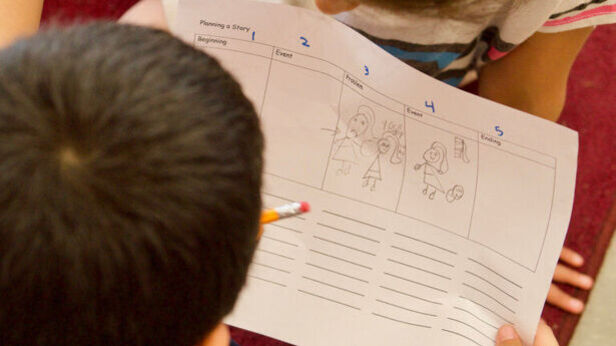
Ensuring that future teachers are prepared to implement strong, evidence-based reading instruction will support more equitable classroom experiences that set all students up to be confident and successful readers in the long-term. The Early Literacy by Scientific Design Network (ELbSD) prepares future teachers to plan and enact lessons grounded in our best scientific understanding of how students learn to read.
Funded by the TLL Temple Foundation, the network is comprised of educator-preparation programs serving communities in and surrounding East Texas:
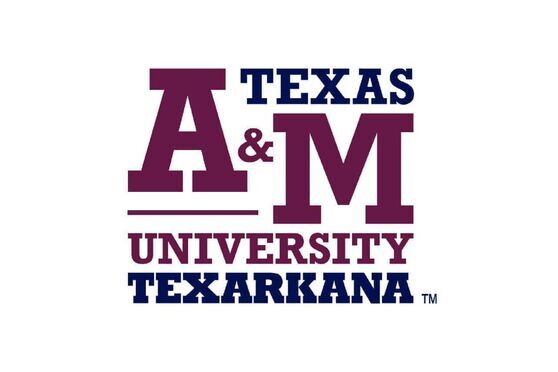
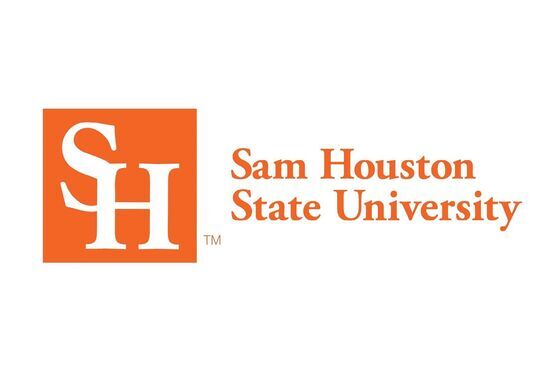
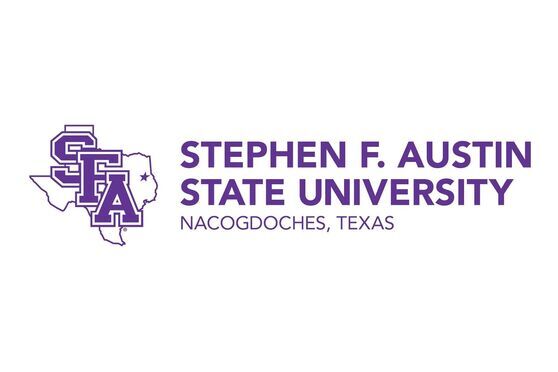
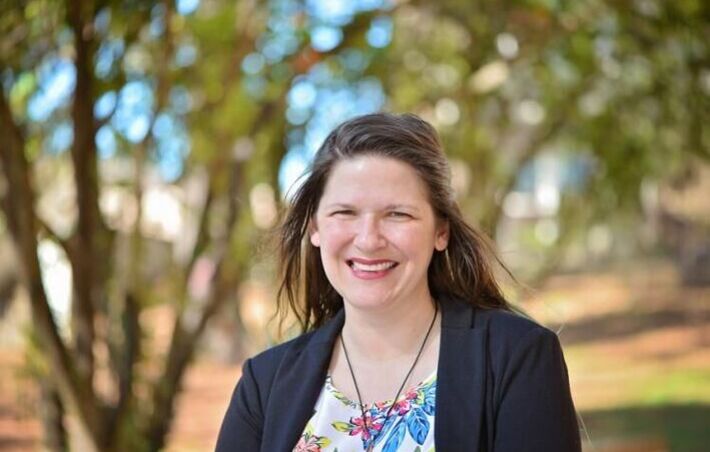
“I am preparing candidates who will then be teaching other people’s children. I owe it to them to make sure that they are the best-prepared candidates. That takes staying current, listening to the research, and not just defaulting back to ‘well it could work for most.’ This has really shown me that there is science. There is evidence. And we have to listen to it. And we have to respond.”
Lauren Burrow, Professor, Stephen F. Austin State University
What We Do
Over four years, and beginning in the 2022-23 school year, programs in the network:
- Piloting a sequence of asynchronous practice-based modules with their teacher-candidates that culminates in candidates internalizing and rehearsing lessons drawn from high-quality instructional materials that support the development of foundational skills and the use of complex text to build background knowledge and academic vocabulary
- Supporting faculty and clinical supervisors through professional learning and targeted coaching to scale and sustain these learning experiences
- Engaging in monthly data-driven improvement cycles to analyze candidate data and work samples to determine what candidates have learned and where they need more support
- Tracked candidate learning through pre/post administration of ELbSD foundational skills and comprehension assessments, vignette-based assessments of candidate instructional decision-making related to the science of teaching reading and the effective use of high-quality instructional materials
- Participated in a community of practice to tackle challenges together and see what they can learn across contexts
Listen to Thomas, a teacher-candidate at Texas A&M University - Texarkana, discuss how he applied learnings from the modules to help a second-grade student decode the word “cause:”
Audio Transcript
I got to actually put some of this into practice today. So a kid comes up to me and had the word ‘cause.’ And she’s like, “What is this word written, Mr. Tillman?” And I said, “I’m not going to read that for you, but what’s the vowel team?” She said, “A-u.” And I said, “What sound does this vowel team make?” And she said, “Aw.” And I said, “Ok, so what sound does ‘c’ make?” She said, “‘/k/’ and ‘/aw/.’” And I said, “Ok what about ‘s’?” And she said, “Cause.” Ok, you just broke that word down and read it yourself. All I did was, I framed it out for you. They’re second-graders. I said, “See? I knew you could do it, let’s go. Keep going.” And they went back to their desk, and they’re all like, “Hey!” And the fact that I knew what a vowel team was, I was like, “What is this vowel team, what sounds does it make?” And they’re like, boom. And instead of reading ‘cause’ for them, they broke it down. (Where it’s like, this is accessible for you.) Yes.Year 1 Key Results
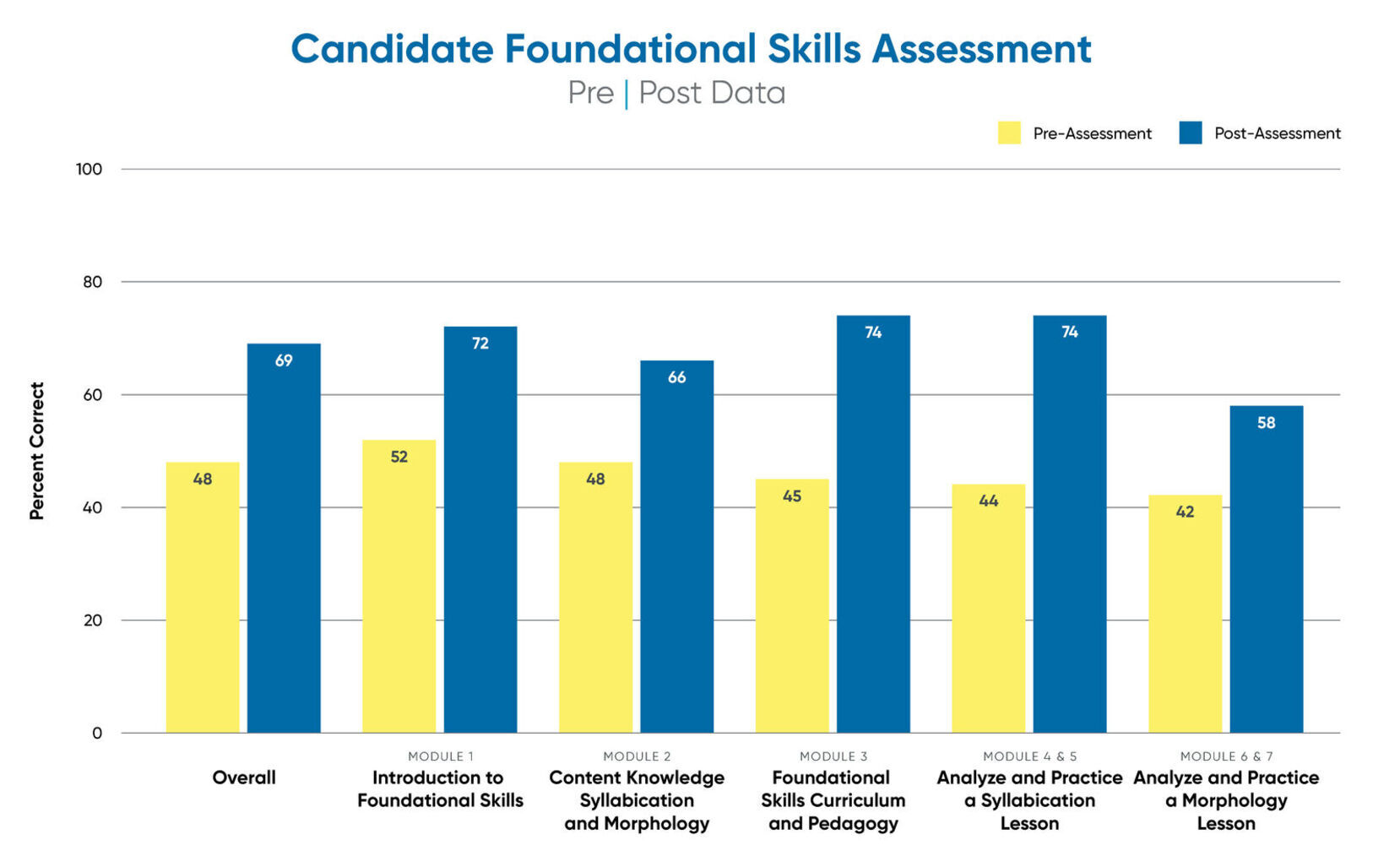
Note: The differences in each pre/post distribution shown above are statistically significant (p < 0.001 for each pair).
Our pre- and post-assessments of teacher-candidates in year 1 (2022-23 academic year) produced the following takeaways:
- At the beginning of the network, the assessment showed candidates needed to build content knowledge in order to teach students to read. For example, candidates often could not complete K-2 foundational skills tasks for students, such as matching syllables to their syllable type.
- At the beginning of the network, the assessment also showed candidates needed to build the pedagogical content knowledge to teach students to read. This included an understanding of how students learn to read, the terminology and practices used in teaching students to decode, what evidence-based decoding instruction looks like and how to enact it, and how to support students when they make errors while reading and writing.
- After teacher-candidates completed all foundational skills modules, we saw meaningful gains in their content knowledge and pedagogical content knowledge related to foundational skills instruction. Across all candidates in the programs, we saw an average gain of +21 percentage points, from 48% to 69% correct (+21 percentage points, p < 0.001).
Karis, a teacher-candidate at Sam Houston State University, shares how learning foundational skills sets students up for success, distinct from how she struggled to read when she was taught:
Audio Transcript
For me, especially, it was memorizing. Because I was like, s-s-s, i-i-i. And rewriting notes, to make sure I knew how to spell it. And it wasn’t like, I knew that the “i” makes the /ĭ/ sound or the /ī/ sound. It wasn’t any of that. It was just like, memorizing how it looks on the paper. And then, knowing what that word is. Instead of memorizing it, understanding how to decode the word and then understand what you’re doing, it’s like, you understand how to spell words you don’t know, without memorizing it. Words now, it’s not as easy as it might be for somebody else to be able to spell. It could be the most simple word for me but the hardest thing ever because I’m like hmm. But it’s because those foundational skills are missed. That is my whole thing. Getting those foundational skills are the main thing you need to make sure that the child is going to succeed. Because if they’re not going to do it then, they’re not going to do it as an adult. I’m saying, even now it’s hard. But I got by. So now I’m learning new ways through these modules and everything because I’m kind of going back and redoing it to understand what to teach to these kids. I’m learning myself as well.